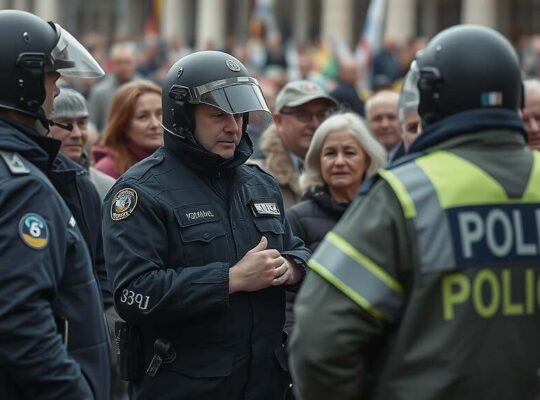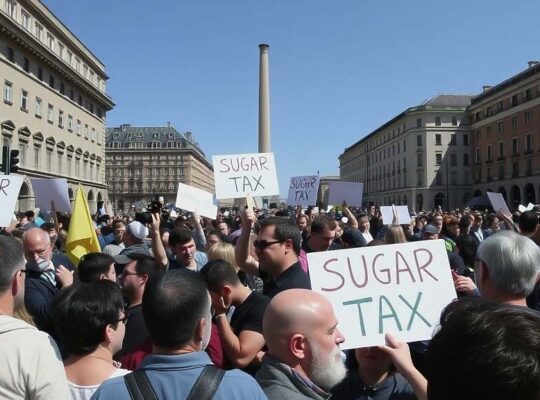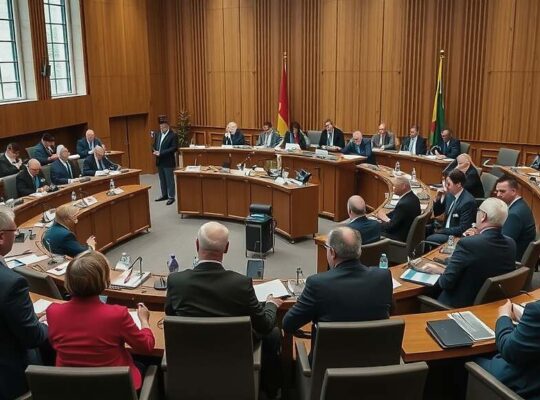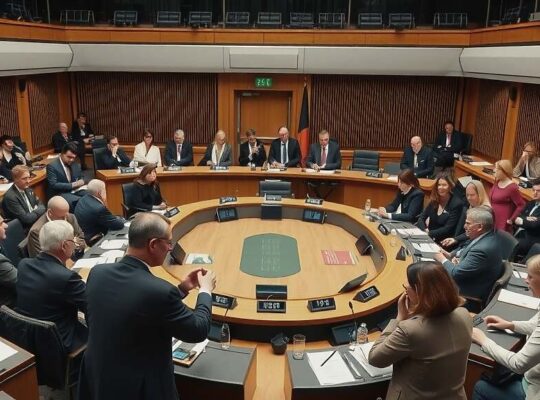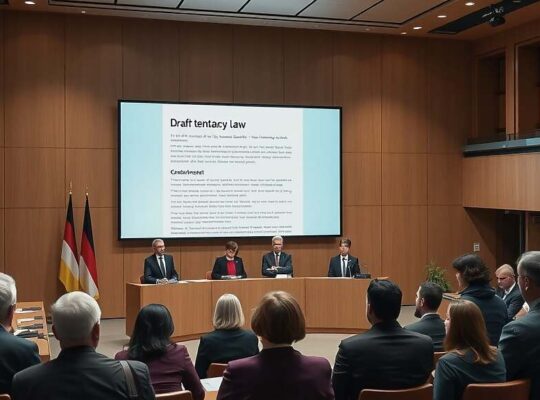A significant majority of Germans overwhelmingly reject the proposed lottery system for selecting individuals subject to mandatory military service, according to a recent Forsa poll commissioned by “Stern” magazine. The survey, conducted October 16th and 17th, 2025 and based on responses from 1,000 participants, reveals that 76% perceive such a selection method as unjust, while only 21% consider it fair. A further 3% offered no opinion.
The findings cast a stark light on a political compromise reached last week by negotiators from the ruling CDU/CSU and SPD factions within the Bundestag. Initially, a lottery system was agreed upon to facilitate the modernization of military service, but after internal reservations surfaced within the SPD, the bill was reintroduced to the Bundestag without modification, seemingly to quell dissent. CDU/CSU remains insistent on pushing the lottery system forward during subsequent deliberations, despite the clear public disapproval.
The disconnect between party lines and public sentiment is particularly striking. Support for the lottery system remains limited even within the conservative Union bloc, with only 31% of their own voters endorsing the proposal, compared to a 65% opposition. Disapproval is even more pronounced among supporters of the SPD (75%), the Left party (78%), the Green party (81%) and the AfD (84%).
The perceived injustice transcends age demographics. While a slightly higher proportion of men aged 18-29 – those most directly affected by the potential requirement – express some acceptance of the lottery (34%), the overall sentiment remains largely negative across all age groups.
The data raises crucial questions about the democratic legitimacy of legislative decisions and the extent to which political calculations should supersede public opinion, especially when dealing with policies directly impacting citizens’ rights and responsibilities. Critics argue the attempt to implement this lottery system demonstrates a disregard for the voice of the electorate and risks further eroding public trust in the political process. The push for the lottery, despite widespread disapproval, underscores a potential clash between political expediency and the principles of fairness and representation.




